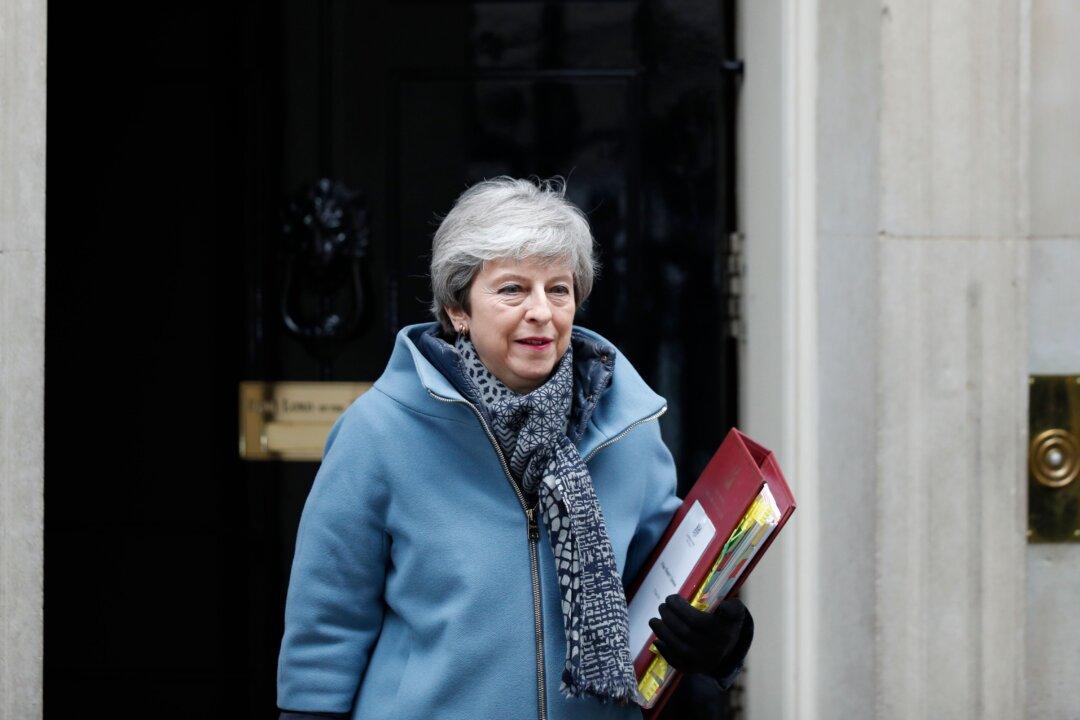LONDON—If Britain leaves the European Union without a deal, it will increase the risk of a Europe-wide pandemic, a leading medical association has said.
The British Medical Association (BMA) made the claim in a report published Aug. 16, in which it said that a no-deal Brexit could have “catastrophic” consequences for the NHS.




